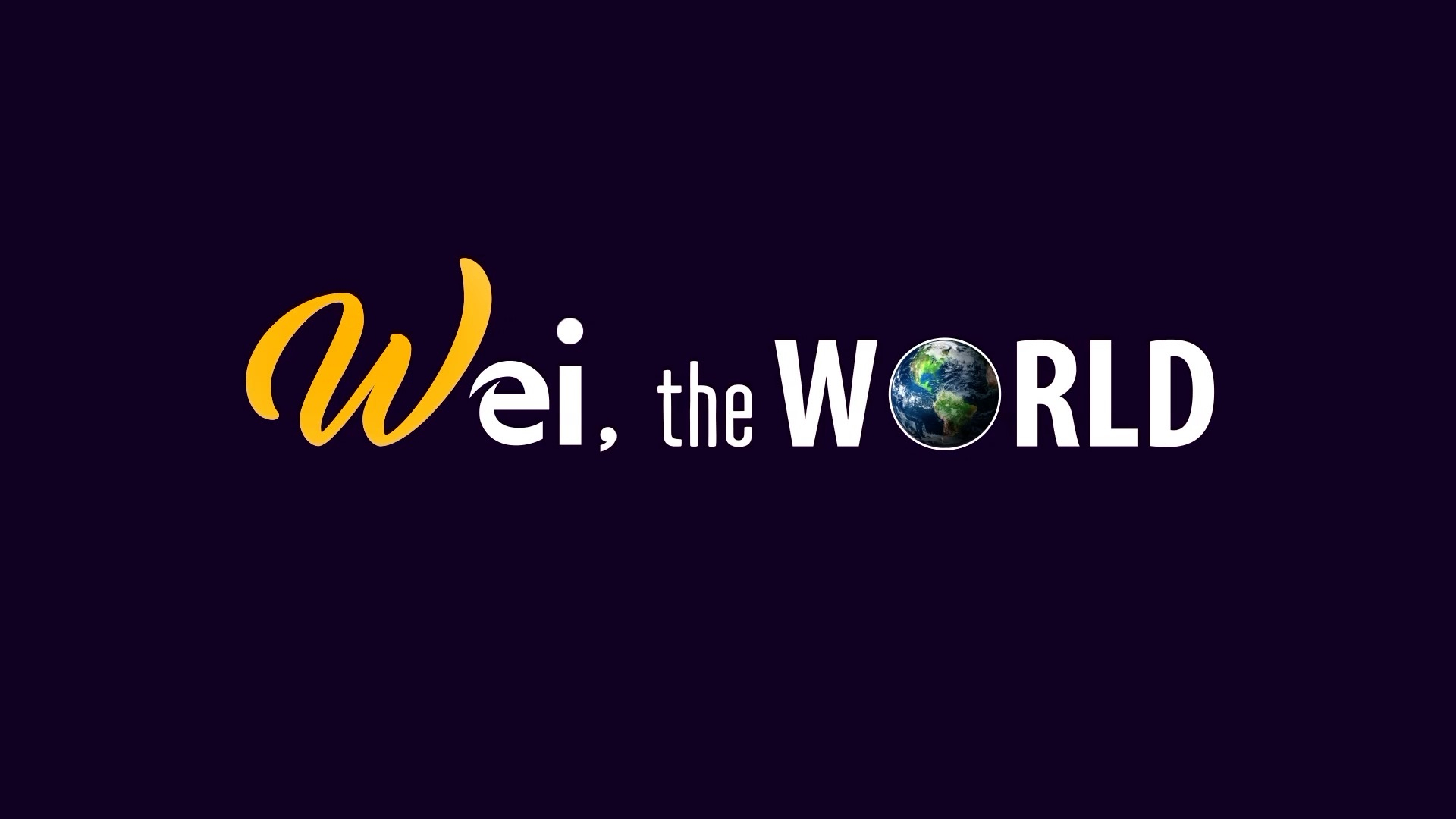
Opinions
23:09, 23-Jul-2018
Wei, the world: Let Ancient Bamiyan Buddha Speak to Trump
Updated
22:40, 26-Jul-2018
CGTN's Tian Wei
05:17

You don’t know what you have until it’s gone. That’s a simple but powerful lesson that echoes throughout history.
Take the ancient Silk Road, which is full of treasures and wonders, for example. In 2001, one of them was totally destroyed.
The Taliban in Afghanistan blew up the world's two largest standing Bamiyan Buddhas statues- one of them is even as tall as 165 feet high. They were once the symbol of human excellence, a combination of religion, philosophy, and art. They are forever gone.
It is so easy to destroy something just as the Taliban did. All you need is to "drill holes into the torsos of the two statues and then place dynamite charges inside the holes to blow them up,” as was reported then about how these historical statues were blasted off. That was a trillion times easier than the strenuous work to build them onto the mountain cliff. Even though it is said repairs are underway, everyone knows it is not going to be the same again.
That is a hard lesson. But I am afraid that hard lesson has not been learnt. One only needs to take a look at the recent development of China-U.S. relations to get a grasp of what I meant.
The trade war between China and the United States, which started with the US levying imports from China with heavy punitive tariffs, already soured the feelings and confidence from both sides. That is further complicated by the failure of compromise through rounds of bilateral negotiations.
By the way, it is heavily reported about the flip-flop strategy, and US-interest-alone-mentality the Trump administration used in negotiations whether with China or its allies for decades, derailed the negotiation prospects. As if that was not enough, Trump, in a TV interview last week, said he was ready to slap heavy tariffs on all US imports from China.
Added to that, a high level CIA official said over the weekend that the US is looking at China as a Cold War rival, when he was asked about the bilateral relations on the sideline of an international security conference.
Michael Collins, deputy assistant director the CIA’s East Asia mission center, added the Cold War he refers to is “a cold war not like during the Cold War between the US and the former Soviet Union, but a cold war by definition.” But still the Cold War.
Now, I don’t know if both Trump and the senior CIA official know history well enough to understand what exactly they were talking about: namely the dire consequences of driving the world’s two largest economies further down the road of conflict and tension. From there, they can astronomically damage the world economy, which the US has the lion’s share of. Or the pains and the sufferings the Cold War inflicted on scarred generations.
Those pains are still being clearly felt today, if you look at some of the world’s ongoing hotspots issues. I do not know either if they understand the challenge it was for the top leadership of China and the US four decades ago to finally establish diplomatic relations amid extremely complicated political and economic conditions, and let the bilateral relations prosper on the right track for the past forty years.
Well, they do not have to go far to find that out. They can ask Henry Kissinger, arguably the most key American figure in constructing a constructive China-US relation, and a monumental figure of international relations.
Dr. Kissinger recently was being asked by the FT about the world today. His answer is more than heavy-hearted:” I think we are in a very, very grave period of the world”, but his assessment is also a realistic one. For those who know how hard it is to build bridges, they understand the collateral damage of destroying those bridges are mind-boggling
It is more than pathetic that we see the Trump Administration used it as a cheap way to divert attention from its failures in domestic political rhetorical competition. No doubt, he is suffering from the Helsinki Summit backlash, and his inability to press ahead with the denuclearization process of the Korean Peninsula weeks after the Singapore Summit, not to mention his highly unpopular immigration policies and election tactics.
The sin has been committed when the Taliban destroyed the ancient monumental Bamiyan Buddha statues. It is no less sin than that, possibly only more, if the Trump administration destroyed“bridges” as if their destruction was the solution. Of course, it is not.

SITEMAP
Copyright © 2018 CGTN. Beijing ICP prepared NO.16065310-3
Copyright © 2018 CGTN. Beijing ICP prepared NO.16065310-3